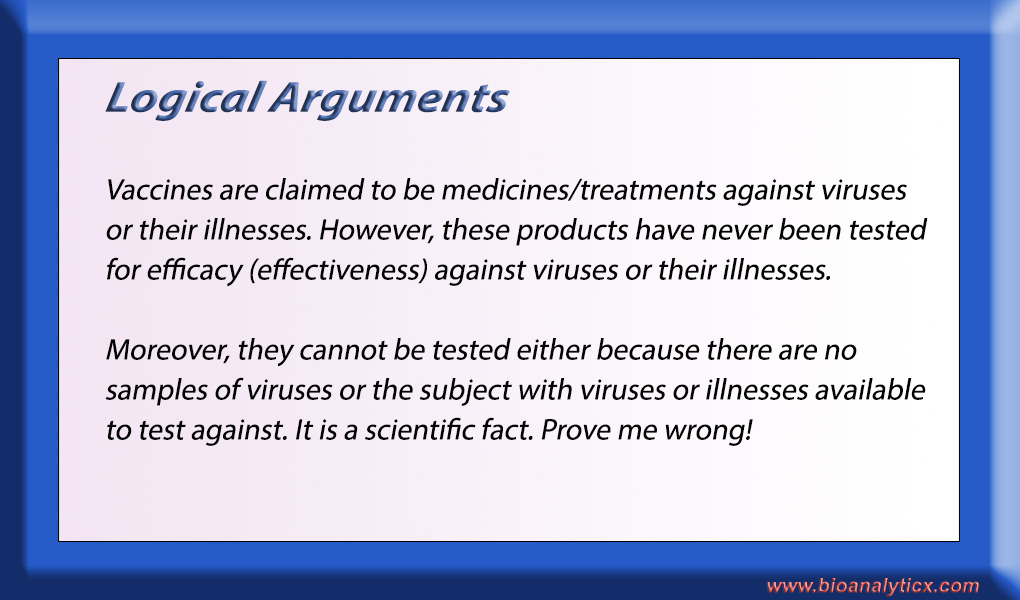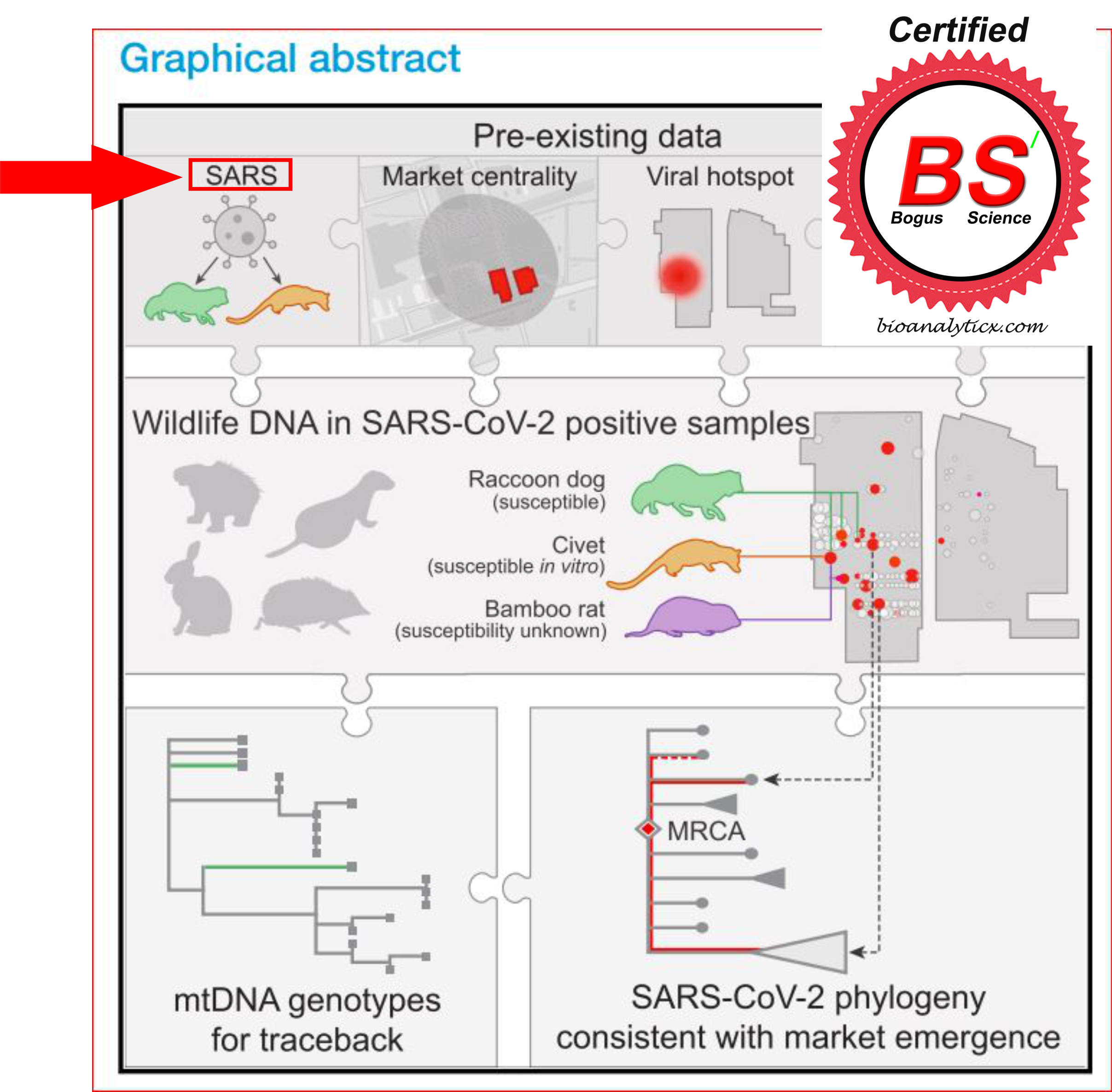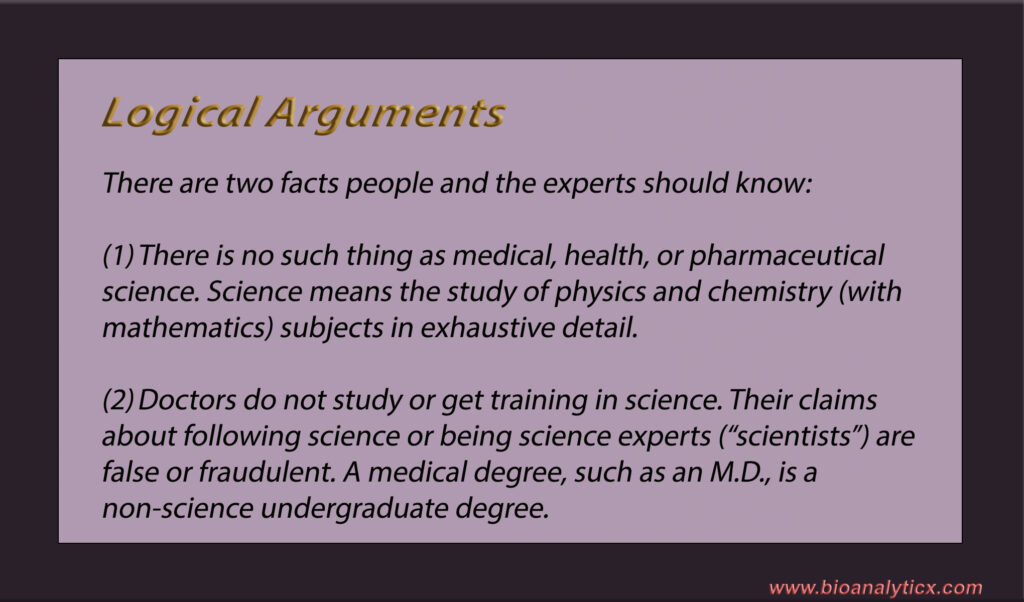While surfing the internet, I came across this subheading, “Romans Believed In Witchcraft.” Reading the short paragraph paused me thinking about the current science practices of physicians.
For a long time, especially for the past four years of COVID-19 and its vaccine claims and activities, I have been convinced that the practices of physicians are simply modern-day versions of Romans’ witchcraft by replacing the word “witchcraft” with “Medical Science.”
As a science learner for practically all my adult life (50+ years) and a practicing scientist for 35+ years, I can clearly see that modern-day physicians do not study, learn, or practice science. Their claims about science are false and fraudulent.
Their education is based on a typical non-science undergraduate degree (M.D. or equivalent). Their education and training do not teach them science, but to memorize terminologies from actual science/chemistry books to use them ritualistically, making up their “modern science” (witchcraft).
They are dressed in modern versions of ritualistic costumes, in white or blue, with airtight outfits containing masks, filters, and oxygen cylinders. They stand by some fancy instruments. I know from experience that they do not know what these instruments are supposed to do or how to work with them properly.
With this dressing up, they try to show they protect themselves and the public from invisible particles/viruses (the modern name for witches), represented by culturing and CPE (cytopathic effects), isolation, sequencing, clinical trials, etc. (magical texts), balls with spikes, some gibberish drawings, chemical structures and reactions, photographs of cultures/filth (ritual figurines)), and expert opinions; like peer-reviewed studies, spike-proteins, etc.(spells). And on top of all this, using “medicines” like vaccines, chemotherapy, etc. (poisons or magical potions)
In short, keep the above thoughts in mind when reading and listening to modern-day medical science/scientists – they truly are witch doctors. May Almighty save us all from their science practices. Ameen!
From internet:
Romans Believed In Witchcraft:
In ancient Rome, witchcraft and magic were deeply ingrained in society—both respected and feared. Despite attempts to regulate magic through the law, it was widespread, and many Romans sought out practitioners like witches or sorcerers to help them.
Common practices included the use of magical texts, binding curses, ritual figurines, and spells. In the Republic and Imperial periods, people even used poisons that were considered to be like magical potions to achieve specific goals like keeping people quiet or providing protection. (link )








